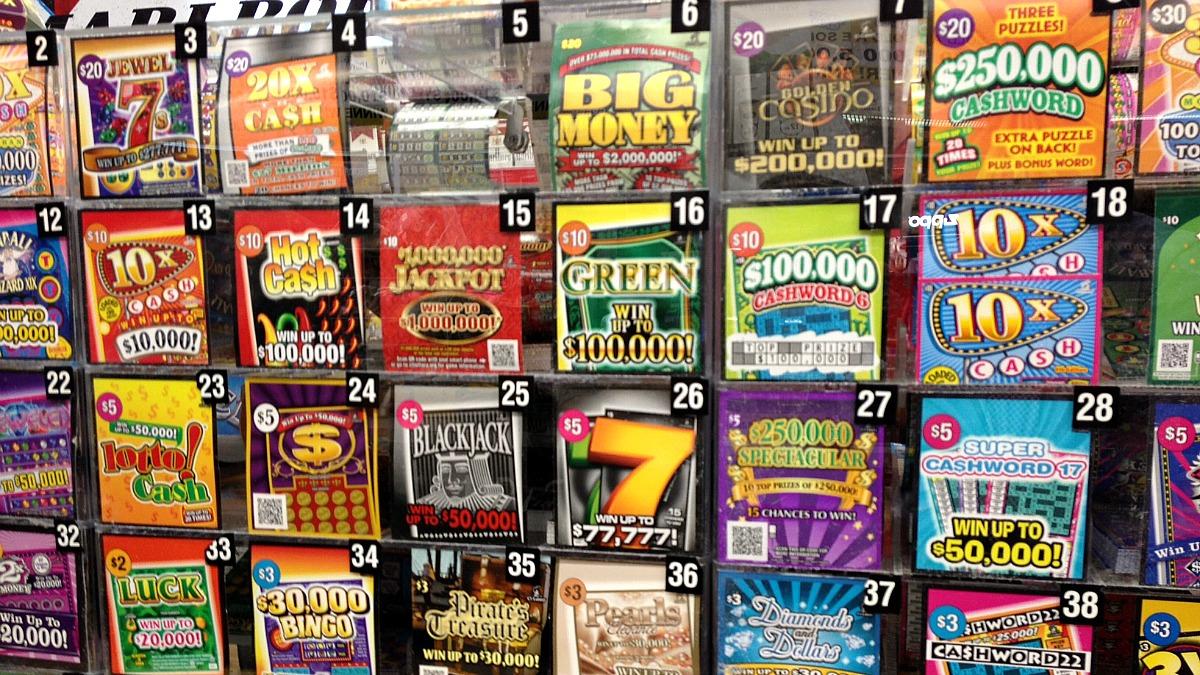In the grand theater of life, few spectacles rival the allure of the lottery. It’s a game that transcends borders, cultures, and socioeconomic strata. From the glittering lights of Las Vegas to the humble corner store in a sleepy town, the promise of instant wealth beckons millions to try their luck messipoker. Yet, beneath the surface of this seemingly simple game lies a complex tapestry of psychology, probability, and human aspiration.
Lotteries have been around for centuries, their origins shrouded in the mists of time. Some trace their roots back to ancient China, where the game was purportedly used to finance grand public works. Others point to the Roman era, where citizens partook in “drawing lots” to distribute land and spoils of war. Regardless of its beginnings, the lottery has endured through the ages, evolving and adapting to fit the zeitgeist of each era.
In its essence, the lottery is a game of chance, where participants purchase tickets in the hopes of winning a prize, typically a large sum of money. The allure lies in its simplicity – anyone can play, and anyone can win. It’s this egalitarian nature that contributes to its widespread popularity. In a world where success often seems reserved for the privileged few, the lottery offers a glimmer of hope to the masses.
But behind the flashing lights and tantalizing jackpots lies a darker reality. Critics argue that the lottery preys on the vulnerable, enticing those least able to afford it with dreams of instant wealth. Studies have shown that low-income individuals spend a disproportionate amount of their earnings on lottery tickets, viewing it as a way out of poverty. Yet, the odds of striking it rich are infinitesimal, with some likening the chances of winning the jackpot to being struck by lightning – twice.
Despite these sobering statistics, the allure of the lottery persists. In part, this can be attributed to the phenomenon known as “lottery fever,” where the escalating jackpot fuels a frenzy of ticket sales. As the prize pool swells to unprecedented heights, even the most rational individuals find themselves caught up in the excitement, willing to suspend disbelief for a chance at the elusive jackpot.
Moreover, the lottery has become ingrained in popular culture, serving as a recurring motif in literature, film, and music. From the cautionary tale of “The Lottery” by Shirley Jackson to the rags-to-riches narrative of “Slumdog Millionaire,” the lottery serves as a potent symbol of fortune’s fickleness. It’s a reflection of the human condition – our innate desire for success and our willingness to take risks in pursuit of it.
In recent years, the lottery has undergone a digital revolution, with online platforms offering unprecedented convenience and accessibility. Gone are the days of queuing up at the corner store to purchase a ticket – now, players can participate from the comfort of their own homes with the click of a button. This shift towards digitalization has opened up new avenues for innovation, from blockchain-based lotteries to social gaming platforms that leverage the power of community.
